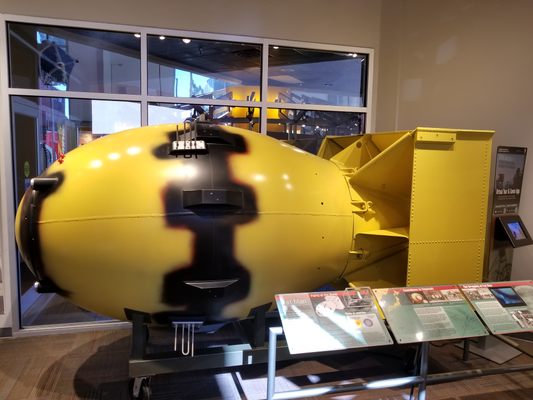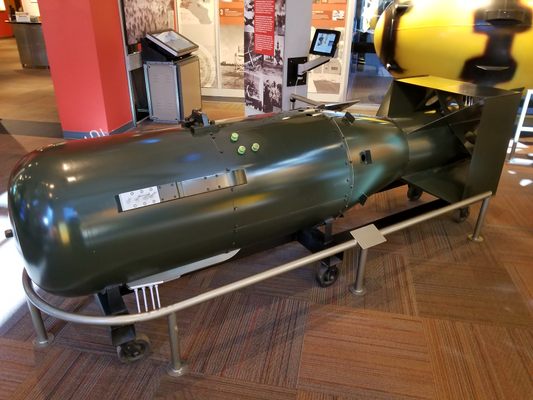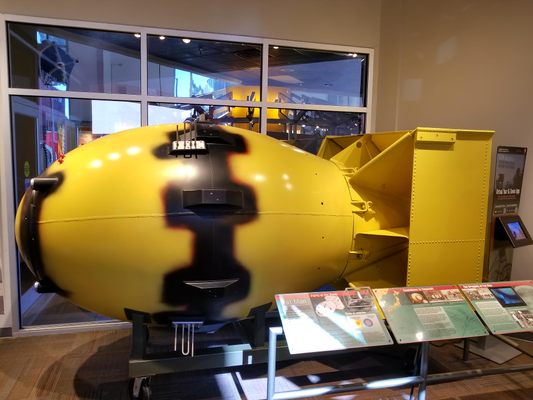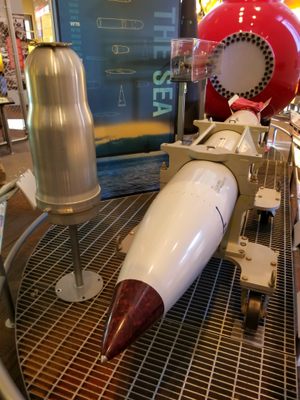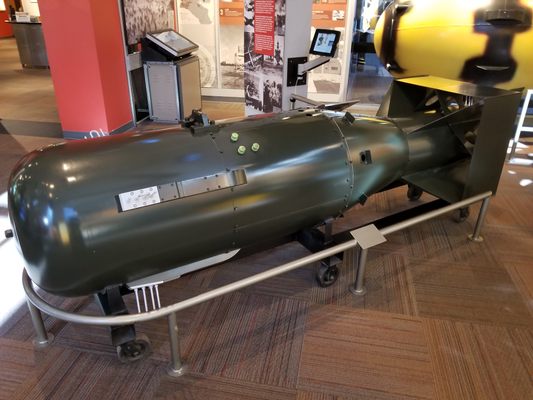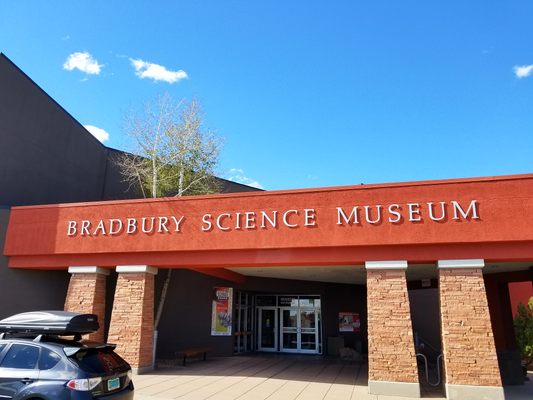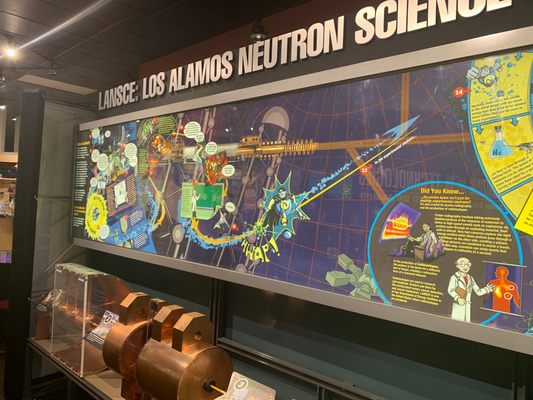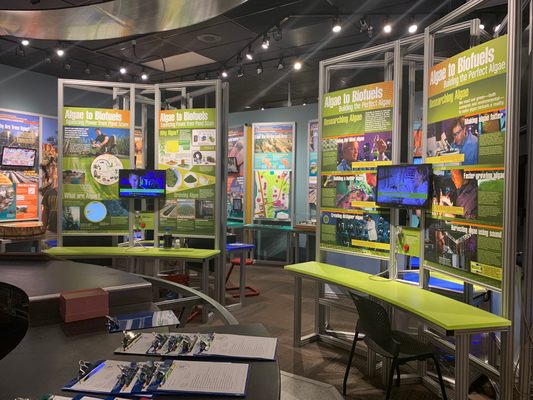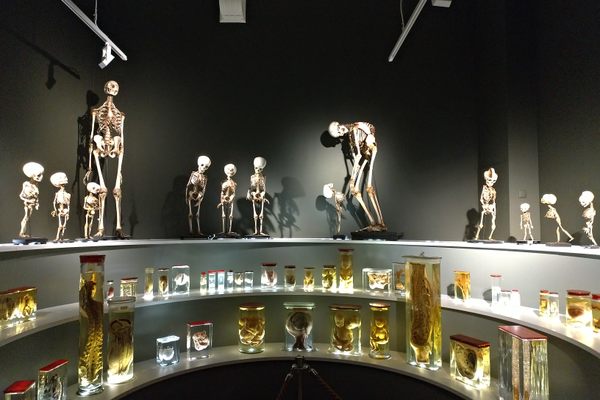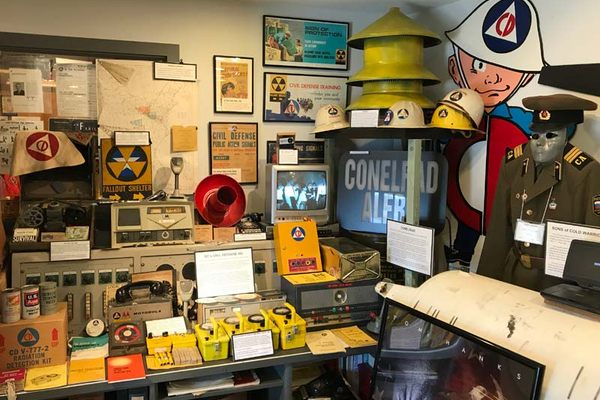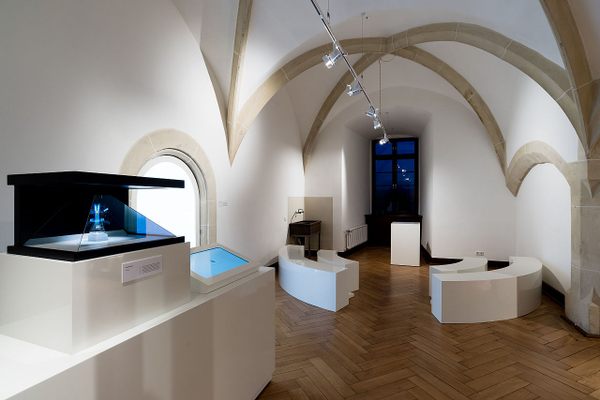About
Started as a small collection of exhibits of classified science projects, what is now known as the Bradbury Science Museum is the evolution of an informal extension of the famous Manhattan Project which produced the atomic bomb.
While working in Los Alamos on nuclear tests, researcher Robert Krohn began putting together small exhibits based on the classified experiments that were taking place on the base lest they be buried or forgotten in the fog of history and regimental secrecy. Unable to display his exhibits publicly, Krohn collected his historical artifacts and displays in a disused ice house whose metal door seemed adequate protection for the laboratories burgeoning history. This was approved by the lab's director, Norris Bradbury, after whom the current museum is named, despite the logical jump that it would be based on the famed science fiction author, Ray Bradbury. In 1954, the Los Alamos Laboratory's museum opened to anyone with the proper security clearance.
Finally in 1963, the head of community relations at the lab floated the idea of adding an unclassified wing, which was again approved by Bradbury. Experiments, documents, and other now public items, many dating back to the World War II research that was conducted at the lab, were put on display and the museum opened its doors to thousands of visitors from all over the country.
As interest in the collection grew, the museum was formalized and moved to a series of increasingly larger locations until settling in its current location in downtown Los Alamos. Today the museum offers a number of displays on the WWII atomic projects and other declassified experiments from the laboratory. There are even full-size replicas of Fat Man and Little Boy, the atomic bombs dropped on Japan. The scope of the museum has expanded to continue telling the tale of the Los Alamos National Laboratory as it is made available, encompassing a display on supercomputers and even the Mars rover.
Related Tags
Community Contributors
Added By
Published
August 12, 2014



